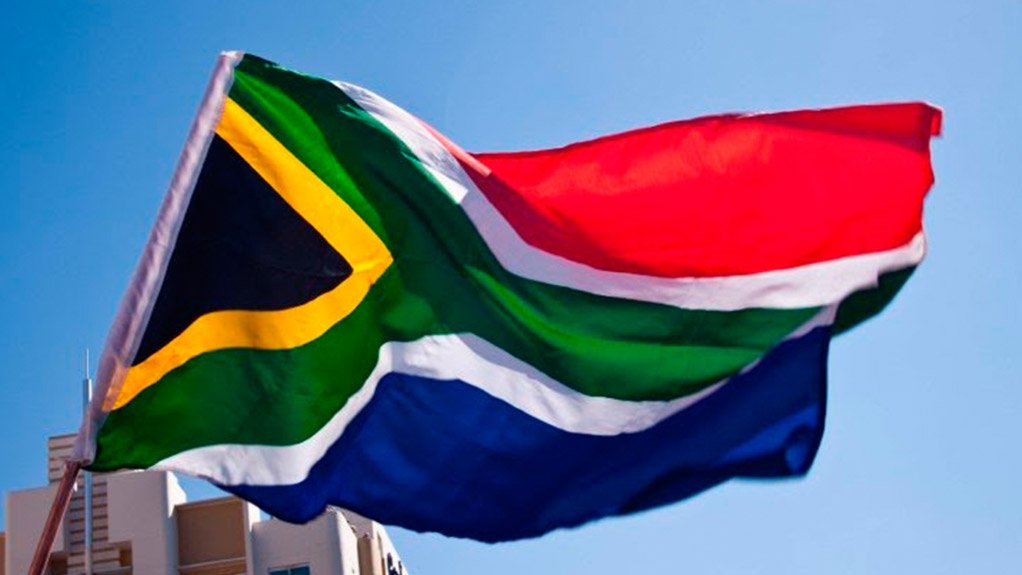South Africans have seen a marked improvement in the performance of local government aside from the metropolitans Cape Town and Buffalo City, according to an Ipsos survey conducted after the local government elections on August 3.
The Khayabus study, for which 3 598 South Africans 15 years and older answered questions, was conducted from 21 April to 22 May 2017.
Head of Public Affairs and political analyst at Ipsos Mari Harris says in the six-monthly Government Performance Barometer, questions are asked about the performance of local authorities as well as about the delivery of basic services.
The study reveals that Buffalo City has shown a significant decline, suggesting that there might be a total breakdown between residents and their local government - which will possibly be made clearer in the next wave of research.
It further indicated that four metropolitan areas controlled by the DA are the best performers overall, as rated by the residents.
The Democratic Alliance together with its coalition partners and other cooperating parties took over the Johannesburg, Tshwane and Nelson Mandela Bay metros from the African National Congress (ANC) following the most recent local government elections.
However, the metropolitan councils of Mangaung and Ekurhuleni are not lagging far behind currently; and Ethekwini also showed a remarkable improvement of 15 percentage points over the last year.
According to the study Ekurhuleni residents rate their local authority consistently high for service delivery. In fact, Ekurhuleni outperforms all the other metropolitan authorities by a large margin on this issue.
The scores for Tshwane and Johannesburg indicate a steady improvement, especially since the end of last year, with scores in Mangaung and Cape Town slowly slipping, while eThekwini, Nelson Mandela Bay and Buffalo City can surely all improve.
“It is quite common for satisfaction scores to dip just before an election (July 2016) and then spike just after an election (Nov 2016) as can be seen in Johannesburg, Nelson Mandela Bay and Ekurhuleni” says Harris.
“Obviously, it is now imperative for the new councils to work to maintain and improve these opinions.”
Ipsos says the methodology used ensured that the results are representative of the views of the universe and that findings can be weighted and projected to the universe – i.e. South Africans 15 years and older. In the final analysis, the results were filtered by potential voters, i.e. those 18 years and older.
EMAIL THIS ARTICLE SAVE THIS ARTICLE ARTICLE ENQUIRY
To subscribe email subscriptions@creamermedia.co.za or click here
To advertise email advertising@creamermedia.co.za or click here











